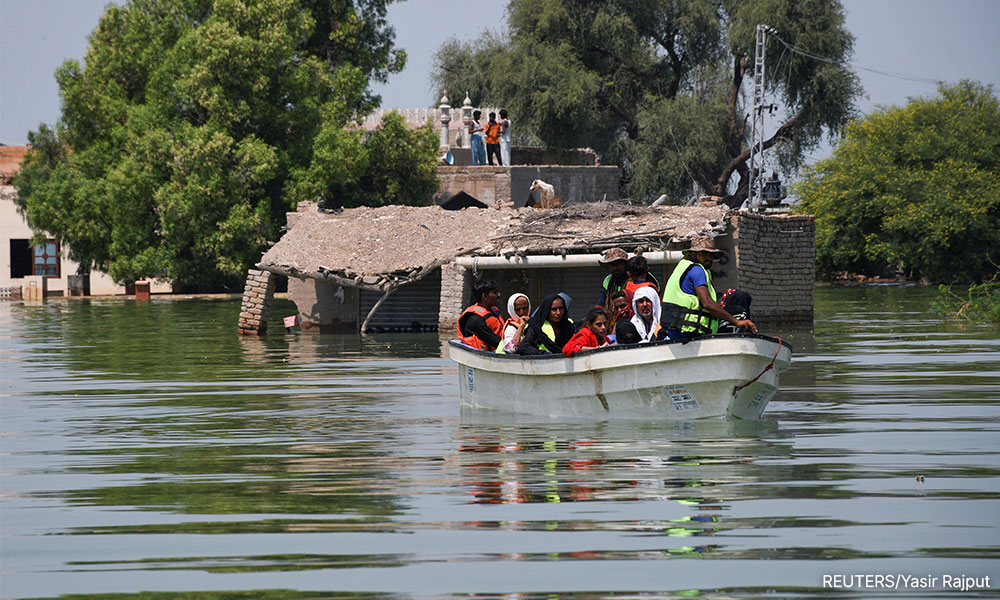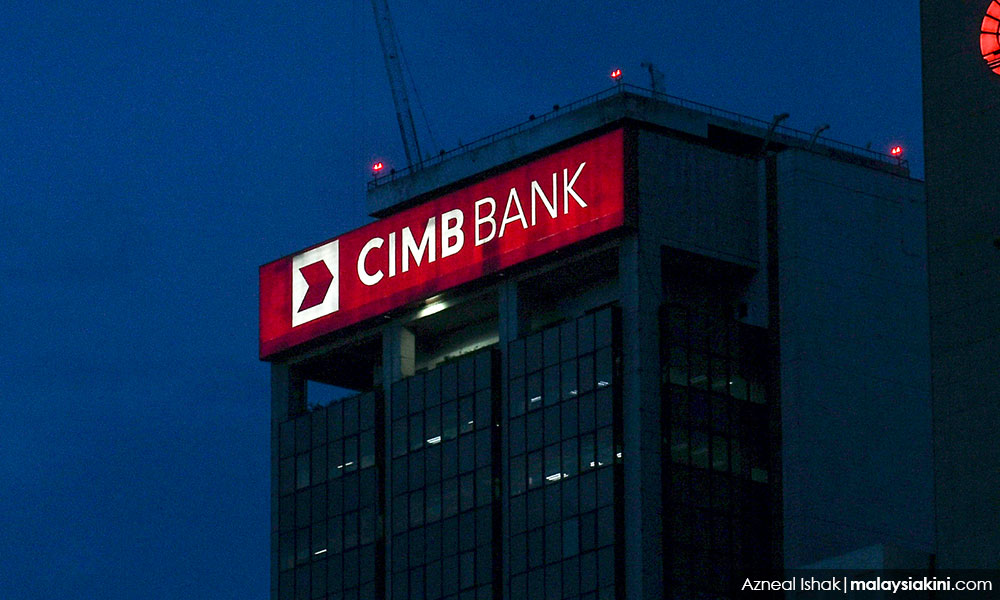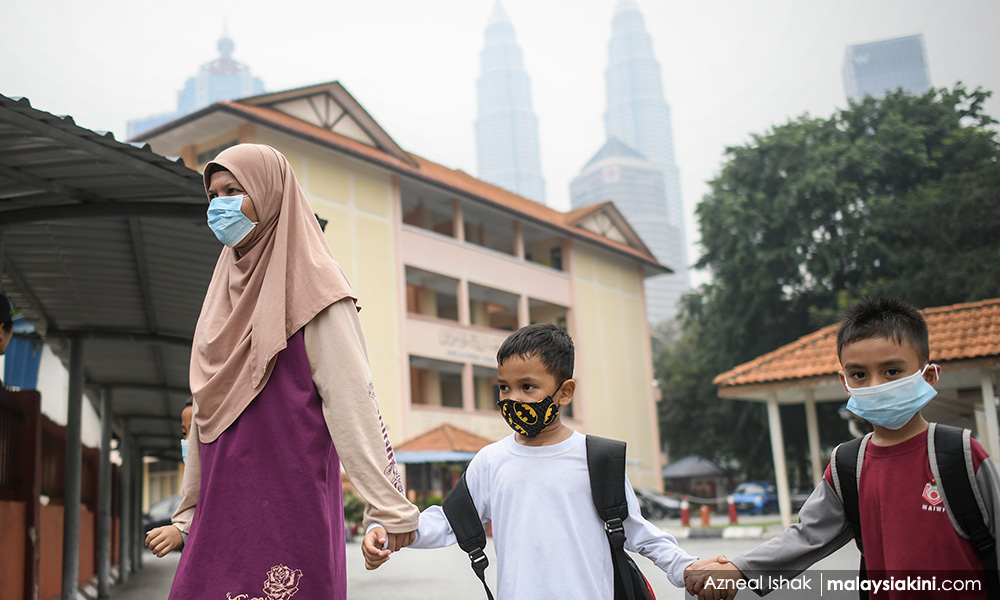COMMENT | Every day, I see thick, grey smog across Jakarta’s skyline. I see this coal pollution that kills people in my city.
The climate crisis is much more than a distant concern on the horizon. Millions of people across Asia are feeling the full force of more severe and frequent climate disasters.
All too often, people from Malaysia to Pakistan and Indonesia are experiencing their worst floods in a lifetime.
Close to 1,400 people died in the devastating flooding that has swept across Pakistan in the past month. As for Indonesia, villages have been submerged by record floods in South Kalimantan and smashed by landslides linked to coal mining activities in the area.
Lives of hundreds of millions of people living in coastal areas across Asia, from Bangladesh to Java are facing disruption and displacement due to rising sea levels and dangerous storm surges.
Banks and financial institutions play a role in this unfolding climate catastrophe and in helping to fix it.
Coal-fired power plants are in the firing line. The choice is clear - shape a safer climate future or keep funding an industry that is making our planet hotter and unliveable by mining and burning coal.
For a safer climate, banks must choose a better future and dump coal.

More than 100 global financial institutions have restricted their support of fossil fuels, recognising coal, oil and gas carry significant environmental, reputational and financial risks.
Major global inter-governmental and scientific organisations agree that coal is an unsustainable, risky and dirty investment.
It is irresponsible for Malaysian and Asian banks to put their money in an industry that spews carbon emissions into the atmosphere when our planet cannot afford to take it.
Climate and sustainability are key issues for global banks. For instance, the Malaysian bank, CIMB, is hosting The Cooler Earth Summit in Kuala Lumpur this week.
CIMB has a public position of embracing the transition to renewable energy. However, it is still supporting Indonesia’s second-largest coal company, Adaro Energy Indonesia (Adaro), although the coal company recently confirmed that it will stay in the coal business and it would remain heavily dominated by coal.
In 2021, Adaro derived 96 percent of its revenue from coal.
In December 2020, CIMB introduced a commitment to phase out coal from its portfolio by 2040 and will prohibit asset-level or general corporate financing for new thermal coal mines as well as expansions.
CIMB also has a policy published in June this year restricting its investment in greenfield thermal coal mines.
Adaro was exploring new coal through one of its subsidiaries in 2021. Adaro dubbed its new and undeveloped “greenfield” mining areas, the largest undeveloped deposits of “low calorific value” or brown coal.

The estimated 3.3 billion tonnes of coal resources cover a monstrous area of around 34,000 hectares.
Despite Adaro’s inconsistencies with CIMB's coal policy, the bank has not made any commitment to stop providing support to Adaro.
DBS, the largest Singaporean bank, has taken a different approach and recently advised that it has no intention of continuing to provide funding to the entities of Adaro if it remains primarily a thermal coal business.
READ MORE: Shedding Coal: The Good, The Bad, The Ugly of Malaysia’s Coal Power Industry
It is critical for banks and investors to make transparent commitments to stop financing coal companies that have no clear plans to phase-down mining and the use of fossil fuels.
It’s time for banks to put assets into sustainable and unsustainable categories and follow through. Banks must back their green financing principles not only by financing sustainable assets but also dumping unsustainable ones.
Unless coal companies have clear transition plans to reduce their mining production while diversifying their business interests to more sustainable investments, they are threatening the liveability of our planet and must not be supported by banks.

We must recognise this is an industry responsible for deadly air pollution.
As long as banks are putting money into coal production and energy companies, they are responsible for threatening the failure to meet global climate goals.
In the face of an urgent climate crisis, banks must act in the best interests of their customers by ending funding for a dying fossil fuel industry. We must leave coal in the ground for good.
NABILLA GUNAWAN is Indonesia’s campaigner for Market Forces, a movement that advocates environmentally sustainable behaviour from the finance world.
The views expressed here are those of the author/contributor and do not necessarily represent the views of Malaysiakini.

